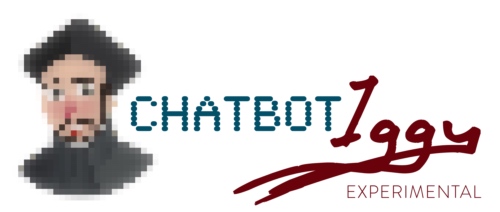 Who am I? Who do I want to become? Who has God made me to be? – These are some of the of the deepest questions we can ask, yet all God calls us to is to be more ourselves, our true selves.
Who am I? Who do I want to become? Who has God made me to be? – These are some of the of the deepest questions we can ask, yet all God calls us to is to be more ourselves, our true selves.
Our tradition has tended to be preoccupied with sin and judgement, where our identity is determined by the sum of our moral triumphs and failings. Yet the tradition that originates in the scriptures tells a different story. “I do not condemn you,” Jesus tells the adulterous woman. Instead, he calls her to greater wholeness.
This meditation will help us ask three key questions about our potential for wholeness: Where have I been? What are the tensions of my being? And, What within me am I being called to develop? The me we identify with changes and develops over the course of our lives. Our virtues, interests, and the way we make choices changes. Who I was and the way I lived was a bit different ten years ago than who I am now.
-
First, I consider those virtues and qualities within me that got me to where I am now—in my faith and beliefs, my work, my relationships, my state of life. In other words, Who was the me that led me to where I am?
True selfhood is about the interior things, not about our clothing style or our haircut. As Jesus said to the Pharisees, “You clean the outside of the cup and the dish, but the inside is dirty.” God has given me gifts, abilities, and talents that draw me to goodness and to God. Yet I also have weaknesses within me that draw me further from who I desire to be. Being whole means engaging with my unique gifts so that I’m drawn toward God and the kind person I desire to be.
-
What are those interior tensions that contribute to or take away from my potential for wholeness?
God accepts me as I am, with those tensions, gifts, and weaknesses. There’s the gospel story of Zachaeus, who climbs a tree to see Jesus from above the crowds. Jesus calls him down from the tree and invites himself to Zachaeus’ house for dinner. Now Zachaeus is a tax collector who is despised by the crowds. They wonder why Jesus would want to be friends with such a sinner who has taken from people more money than he should. Now Jesus doesn’t condone Zachaeus’ actions, but he never once condemns him. Jesus loves Zachaeus for who he is and calls him to be more Zachaeus, who he is in God, who God made him to be.
God is not about condemnation, but about calling people to a deeper sense of self, to foster our gifts. In Ignatian terms this is the magis. It means striving for the more, the greater, the deeper. When you and I strive for the magis we are striving to become more you and me. We’re not asked to be someone else. Rather, we’re asked to become more ourselves.
-
Who is that true self in me trying to emerge? What kind person do I wish to grow into? What are those virtues I wish to foster or continue fostering?
God is calling you to this one day at a time, calling you to be more whole, more you. Answering the question Who am I? is more about our personal development than about condemning ourselves or trying to be a different person. As Jesus asked his disciples, “Who do you say that I am?” perhaps we ought to ask God about ourselves, “Who do you say that I am? Who do you desire for me to become?”
Let us end with a prayer for wholeness:
God who made me, you accept me as I am.
You love me as me.
You call me to be me.
My whole self is past, present, and future in your eyes.The things I have, the abilities I have, the strengths I have, are mine.
The things I lack, the abilities I lack, the strengths I lack, are also who I am.
Call me to wholeness, to a deeper sense of myself, so what I lack can be can be filled by you.I choose my true self.
I choose to bear the fruit of my being.
I choose the magis, with your encouragement,
Day
By
Day.
Music by Kevin MacLeod and Audionautix.com



